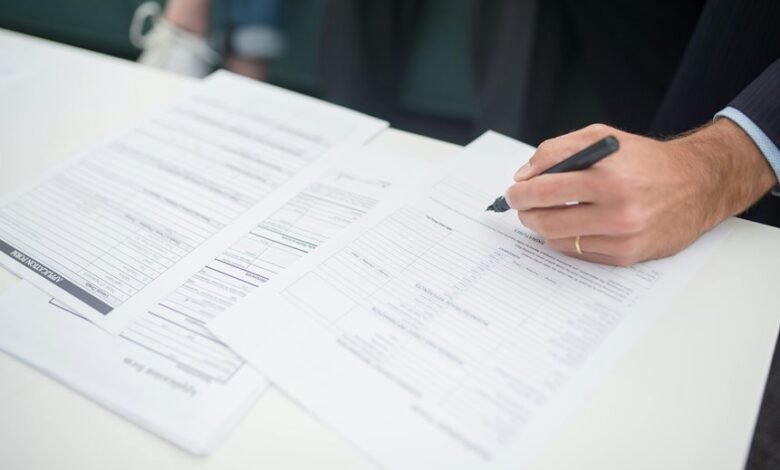Telecom Caller Identity Verification Bureau 7064303024 9592050436 8014388316 7269001094 8777822103 3044274102

In today’s digital age, verifying caller identities has become essential for maintaining secure communications. The Telecom Caller Identity Verification Bureau employs advanced algorithms to cross-reference information, significantly mitigating risks associated with fraud and identity theft. By understanding how this Bureau operates, you’ll uncover the multifaceted benefits it offers to consumers. However, the evolving landscape of telecommunications raises questions about future challenges in safety and security. What implications does this hold for you?
Importance of Caller Identity Verification
As telecommunications continue to evolve, the importance of caller identity verification can’t be overstated.
Effective caller authentication is crucial in safeguarding your freedom from fraud. By implementing robust verification processes, you can significantly reduce the risk of identity theft and scams.
This proactive approach not only enhances trust in communication but also fortifies the industry’s overall integrity against increasingly sophisticated fraud prevention challenges.
How the Bureau Operates
While the specific operational procedures of the Bureau may vary, its core function revolves around the systematic verification of caller identities to prevent fraud.
The bureau operations employ advanced algorithms to analyze incoming calls, ensuring authenticity. You’ll find that the verification process includes cross-referencing caller information with established databases, allowing for quick identification of suspicious activity and enhancing overall security in telecommunications.
Benefits for Consumers
Telecom caller identity verification provides significant benefits for consumers by enhancing security and reducing the risk of fraud.
You gain peace of mind knowing that calls are verified, which strengthens consumer protection.
This system not only helps prevent fraud but also fosters trust in telecommunications.
Ultimately, it empowers you to engage confidently, ensuring your freedom from unwanted or malicious interactions.
The Future of Telecommunications Safety
With the rapid evolution of technology, the future of telecommunications safety hinges on advanced verification systems and robust regulatory frameworks.
You’ll rely on enhanced network security measures to combat fraud effectively.
By integrating artificial intelligence and machine learning, telecom providers can proactively identify threats and protect user data, ensuring a safer communication landscape.
Prioritizing these innovations will foster confidence and freedom in telecommunications.
Conclusion
In a world where your phone might as well be a portal for scammers, the Telecom Caller Identity Verification Bureau steps in like a digital superhero. You wouldn’t let just anyone into your home, right? So why let unknown callers invade your phone? With advanced verification processes, the Bureau’s got your back, ensuring you can trust who’s on the other end. Embrace this tech-savvy safeguard, or keep playing Russian roulette with your communication—your choice!



